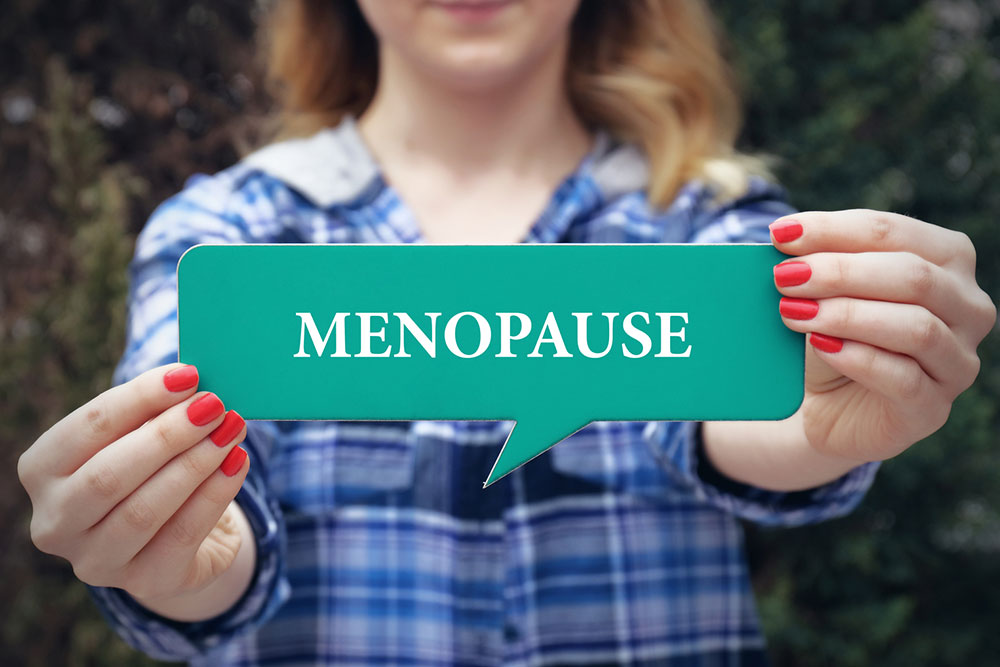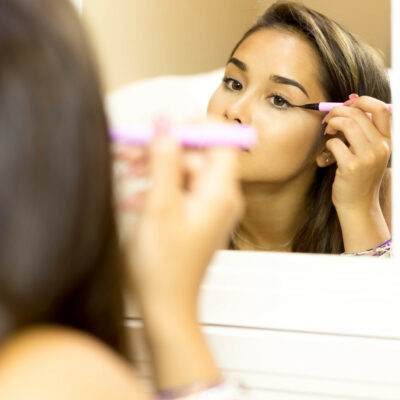
Signs & symptoms of menopause
Menopause is a process in which a woman ceases to be fertile or menstruate. It’s pretty normal and is not considered as a condition or a disease. There are symptoms that may occur years before a woman’s final period. Some women experience these symptoms for months or years afterward.
The average age of menopause is considered to be between 45 to 55 years. Despite being a natural process, menopause causes drastic changes in the body and can trigger severe symptoms.
Signs and symptoms
Menopause is a natural change in the body and causes symptoms such as hot flashes. Menopause has a tendency to trigger some profound changes in a woman’s body.
As a diagnosis, menopause is confirmed when a woman has not gone through a menstrual period for over a year. The symptoms of menopause usually appear prior to the end of that one-year period.
Irregular periods
The first noticeable symptom of menopause is the change to the menstrual pattern. Some may experience a period every 2 to 3 weeks, whereas others will not menstruate at all for months at a time.
Lower fertility
Perimenopause occurs 3 to 5 years before a woman experiences menopause. During this stage, a woman’s estrogen levels drop significantly, which reduces her chances of conceiving.
Vaginal dryness
Dryness, discomfort, and itching of the vagina is a common occurrence during perimenopause. This results in some women experiencing dyspareunia or pain during sex. Women experience this pain due to the low estrogen levels, which cause vaginal atrophy.
Vaginal atrophy is an inflammation of the vagina as a result of the shrinking and thinning of tissues and decreased lubrication.
Hot flashes
When a sudden sensation of heat courses through the upper body, it causes a hot flash. It starts with the face, neck, or chest, then progresses upward or downward.
The skin becomes red and patchy, and will typically start sweating. A woman’s heart rate may pick up speed suddenly and strengthen, or even become irregular. Hot flashes typically occur after the first year of a woman’s final period.
Night sweats
Night sweats are hot flashes that occur during the sleep cycle. Most say that hot flashes do not last very long, but studies confirm that these hot flashes and night sweats may pose a problem for around 11 years in some women.
Disturbed sleep
It becomes difficult for women to fall asleep or sleep for long as menopause progresses. Sometimes night sweats lead to many discomforts, making it difficult to sleep. These sleep disturbances can also be the result of insomnia or anxiety.
Urinary problems
Menopause can also disrupt a woman’s urinary cycle. Women are more susceptible to urinary tract infections (UTIs), especially during menopause. They might have to visit the toilet more often than usual.
Emotional changes
Women experience depression and many times mood swings during menopause. The emotions eventually lead to sleep disturbance and low libido, or sex drive.


